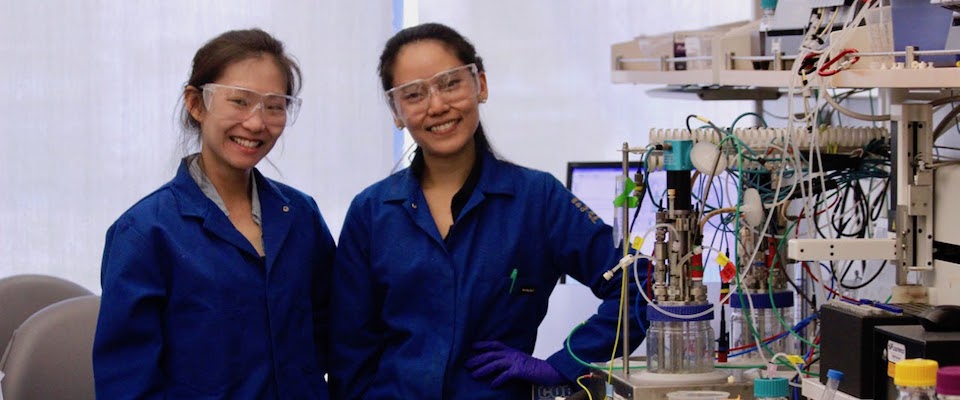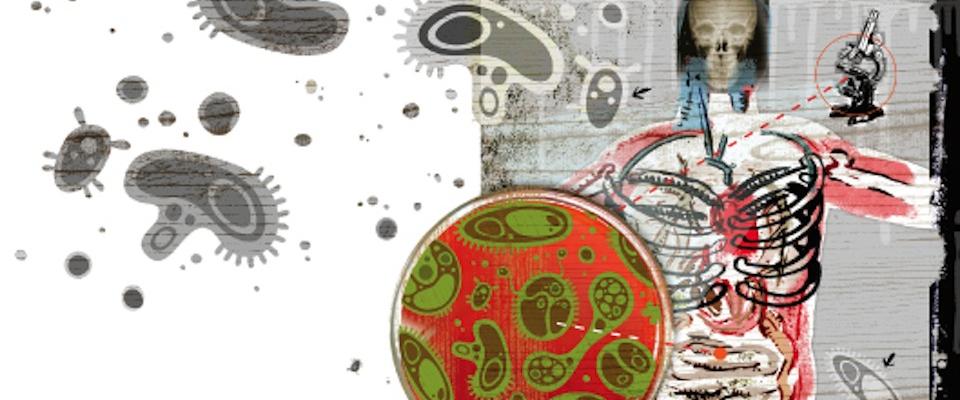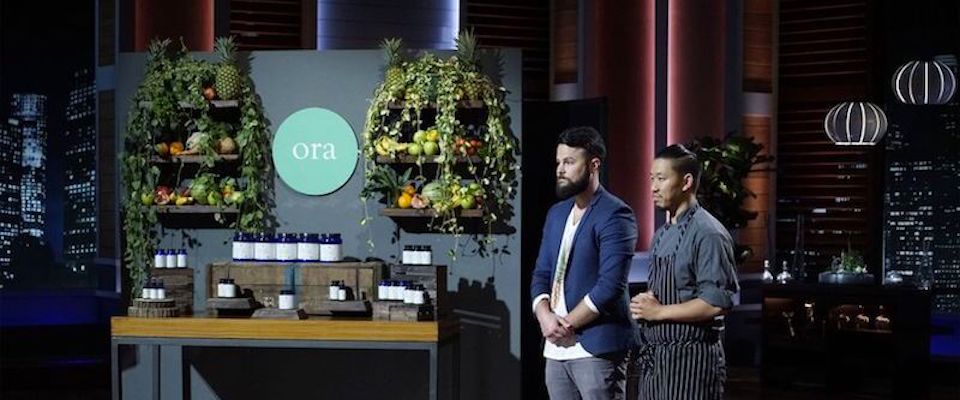These days, it’s all about the gut. Not how it looks in a Speedo or bikini, though. More like, how it feels inside. Increasingly, gut health is correlated with general health; gastrointestinal status is widely thought to affect everything from the immune system to emotional stability.
So what does a healthy gut want? Probiotics, apparently – the “good” bacteria that flourish in the human intestinal tract and allegedly promote smooth digestion, conquer pathogens and stimulate effective immune response. Growing awareness of the benefits of probiotics has generated a robust demand for fermented milk products such as yogurt and kefir, foods that are rich in such microorganisms.
But probiotics don’t live by bread alone. In fact, they hate bread—and polished rice, pasta made from white flour, and all other varieties of processed foods. Given their druthers, they’ll go for fresh vegetables, fruit, whole grains, and nuts. What they really crave, however, are prebiotics, certain carbohydrates, including some sugars, that are indigestible by humans but rocket fuel for gut microflora.
These prebiotics aren’t just for kids: adult guts also seem to benefit when HMOs are added to the diet.
While the whole “good gut” meme feels vaguely New Age, the science appears solid, with a growing number of researchers emphasizing the links between flourishing communities of intestinal microflora and general sound health. Among them is Justin Sonnenburg, an associate professor of microbiology and immunology at Stanford and the co-director of the Center for Human Microbiome Studies at the university’s school of medicine. Sonnenburg has published extensively on the relationships among gut bacteria, probiotics, and prebiotics, including articles on the potent beneficial powers of a group of 180 prebiotics specifically found in human milk. Known collectively as human milk oligosaccharides (HMO), these compounds appear to be a primary driver of infant health. Further, these prebiotics aren’t just for kids: adult guts also seem to benefit when HMOs are added to the diet.
But there’s a problem. You can’t just go down to the local Safeway and buy a pound of HMO cubes for your morning coffee. There aren’t vast quantities of prebiotic sugars out there, and what are available are astronomically expensive. (Besides, while HMOs are technically sugars, they don’t taste sweet.)
So three Cal PhDs—microbiologist Kulika Chomvong, chemical engineer Chaeyoung Shin, and plant biologist Jason Liu—aim to change this dynamic. Their start-up, Sugarlogix, is harnessing modified yeasts to churn out HMOs in quantity. The company has worked with Cal’s in-house business accelerator SkyDeck, and also with IndieBio, a biotechnology startup accelerator co-founded by Ryan Bethencourt, who also launched the DIY biotech incubator, Berkeley BioLabs.

Sugarlogix is on track to deliver its first ton of 2-Fucosyllactose (2-FL) by October of next year, Chomvong said at a recent IndieBio presentation. The company has secured FDA clearance, booked revenues in excess of $800,000 for 2018, negotiated letters of intent with an infant formula company, an adult prebiotic supplement producer and one of the biggest dairies in the country, and is now raising $2 million in seed funding.
“We’re concentrating on 2-FL at first because it’s one of the most studied of all the prebiotics, it’s the most abundant HMO, its efficacy is well-known, and we knew we could make and sell a lot of it,” Shin says. “It’s only found in human milk – and in the yeasts we’ve developed to produce it, of course. But we ultimately plan to design yeasts to produce the entire HMO portfolio. All 180 play a role in supporting good gut health, and we want to make all of them available to our customers.”
Neither Chomvong nor Shin started out in food or health research. They met at Cal’s Energy Biosciences Institute, where both were researching biofuel production.
“The biofuels we were working on require similar fermentation technologies and separation processes as prebiotic production,” Shin says. “We knew a food scientist (Yong-Su Jin at the University of Illinois at Urbana-Champaign) who was extremely knowledgeable about prebiotic sugars, and he convinced us that prebiotics offered both greater profitability and products with higher social value. So it was easy to make the jump.”
For the foreseeable future, the company will focus on producing prebiotics in bulk to product manufacturers. But Shin says Sugarlogix may take a more vertical approach in coming years. The market for their products, after all, is robust. Current annual U.S. sales for prebiotics are about $7 billion for infant formula, $3 billion for adult supplements, and $15 billion for food and beverages; nor does the demand seem likely to slacken.
“We aren’t at all averse to developing a brand, to manufacturing and promoting our own products that we can sell directly to customers,” Shin said.
That will require marketing and promotional acumen as well as scientific expertise, of course, skills that microbiologists and chemical engineers often lack. Shin freely acknowledges she and Chomvong both had deficits in the pitching and flesh-pressing departments.
“We were really out of our comfort zones when it came to promoting our company,” says Shin, “so our experiences with both SkyDeck and IndieBio made all the difference. PhDs in microbiology and chemical engineering don’t really prepare you for making connections with investors and customers. But good business accelerators can teach you those skills. Now we’re getting use to the business end. We’re even enjoying it.”




















